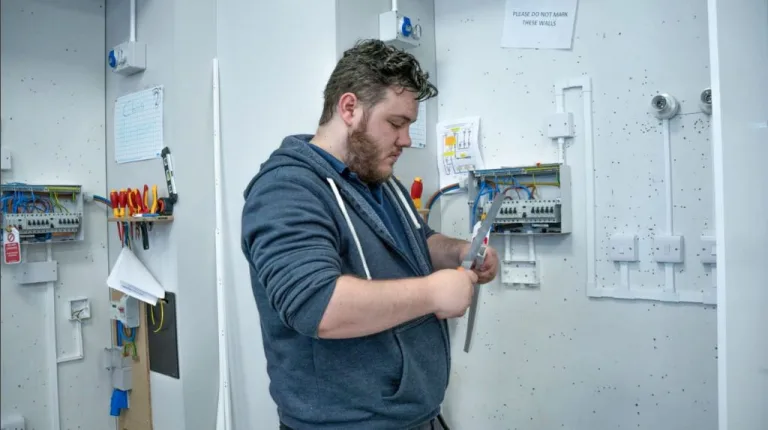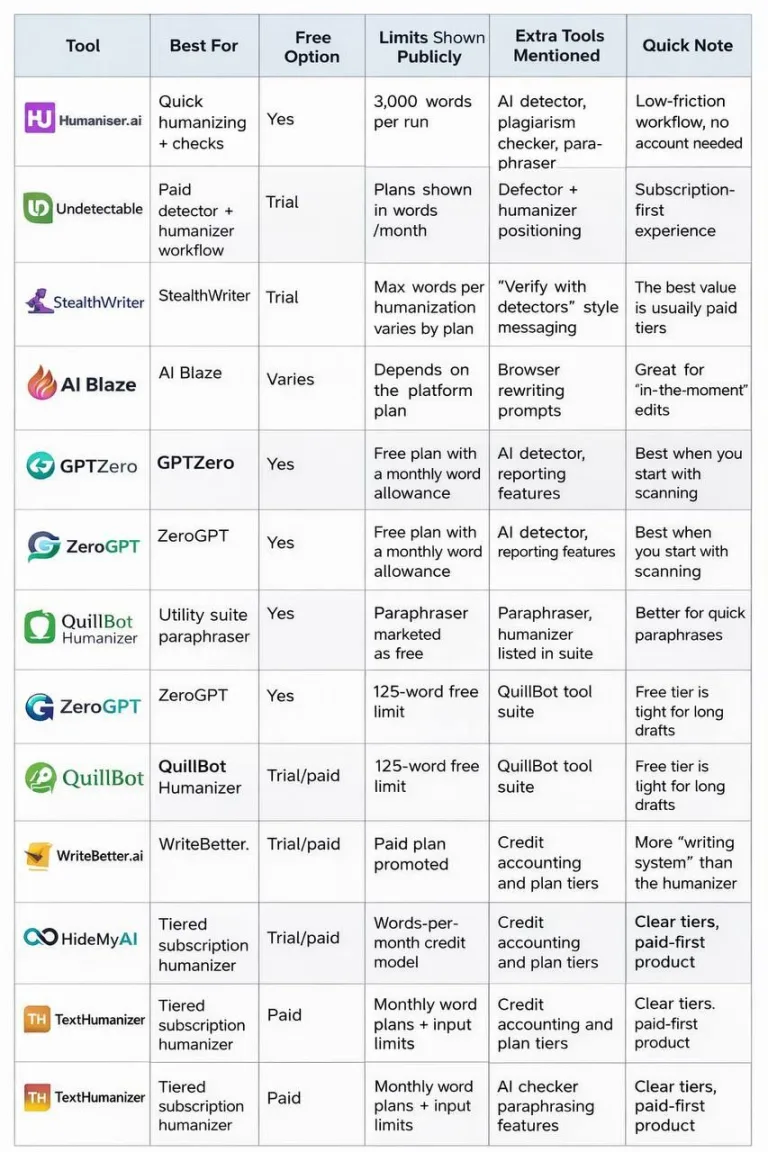AI for Mental Health: Hype vs. Reality
Artificial Intelligence (AI) is transforming nearly every facet of modern life, from personalized shopping recommendations to self-driving vehicles. In the realm of mental health, AI has been hailed as a potential game-changer, offering scalable, cost-effective, and accessible support to individuals worldwide. With the rise of AI therapy chatbots, emotion recognition software, and predictive mental health analytics, it’s easy to be swept up in the promise of a tech-driven mental health revolution.
But how much of this is real impact, and how much is hype?
This article takes a critical look at the intersection of AI and mental health: What’s working, what’s overstated, and what challenges remain. Drawing on studies, data, and real-world applications, we’ll separate fact from fiction to understand where AI truly stands in supporting mental wellness.
The Promise: What AI Could Do for Mental Health
1. Global Mental Health Crisis
Mental health challenges affect more than 1 in 8 people globally, according to the World Health Organization (WHO). However, access to mental health care remains alarmingly limited:
- Over 50% of people with mental illness in high-income countries receive no treatment.
- In low-income countries, the treatment gap reaches up to 85%.
- There’s a growing shortage of mental health professionals. The WHO estimates a global shortfall of 1.18 million mental health workers by 2030.
These gaps in access have opened the door to AI as a scalable solution.
2. What AI Offers
AI systems in mental health aim to:
- Deliver 24/7 support through chatbots or mobile apps
- Reduce stigma by offering anonymous, non-judgmental interaction
- Detect early signs of distress through language analysis or behavioral patterns
- Support therapists with clinical decision tools and administrative automation
3. High Hopes and Bold Claims
Several tech startups and developers are promoting what they believe to be the best AI therapy solutions to address mental health conditions like anxiety, depression, and PTSD. Popular AI-driven apps such as Wysa, Woebot, Replika, and Abby have already been downloaded by millions of users worldwide, each offering unique features that aim to improve emotional well-being.
Investors are showing strong confidence in this growing space as well—the global mental health tech market, which includes AI-powered platforms, was valued at $5.5 billion in 2023, with projections reaching $13.8 billion by 2030 (Source: Grand View Research).
Yet the question remains: can even the best AI therapy tools truly replace or meaningfully supplement traditional mental health care?
The Reality: What AI is Actually Doing (and Doing Well)
1. AI Chatbots: Helpful But Limited
AI-powered mental health chatbots are among the most visible tools in this space. Apps like Woebot, Wysa, and Tess use natural language processing (NLP) to simulate therapeutic dialogue, guiding users through CBT techniques, journaling, mindfulness, and daily mood tracking.
Effectiveness:
- A 2021 randomized controlled trial (RCT) on Woebot found that users had a 30% reduction in depressive symptoms and a 22% drop in anxiety after two weeks of use.
- Wysa published results showing 77% of users felt better after a single session with its AI coach.
These tools are best at:
- Offering immediate support (especially in non-crisis situations)
- Promoting habit formation (e.g., journaling, breathing exercises)
- Lowering barriers to care (e.g., affordability and anonymity)
Realistic Use:
- Complementary tools, not replacements for human therapists
- Effective for low to moderate symptoms
- Not reliable for crisis intervention or complex mental health issues
2. AI in Predictive Mental Health Screening
Some companies and institutions use AI to analyze user behavior and predict mental health deterioration. For example:
- AI algorithms can analyze speech and social media activity to detect early signs of depression or suicidal ideation.
- A 2019 study by Stanford University showed that an AI model analyzing Facebook posts could predict depression three months before clinical diagnosis, with accuracy over 70%.
How It Works:
- AI uses machine learning to spot patterns in text, tone, activity levels, or social withdrawal.
- These patterns are compared to known indicators of mental illness.
Ethical Concerns:
- Privacy: Should platforms monitor your personal content for mental health cues?
- Consent: Are users aware that their data might be flagged or shared?
- Bias: AI models can misinterpret culturally specific language or emotional expressions.
Despite these risks, predictive AI has real value when used in clinical settings or with informed consent, for example, to help schools, workplaces, or therapists intervene early.
3. AI in Therapist Support & Diagnosis
AI is also used behind the scenes:
- Clinical Decision Support Systems (CDSS) use AI to help therapists choose treatment paths.
- AI helps automate diagnostic questionnaires, progress tracking, and even insurance documentation.
Results:
- In trials, AI tools have helped reduce therapist burnout by up to 35% by eliminating routine paperwork.
- AI-driven diagnostics have matched or exceeded human accuracy in identifying depression, with some studies reporting 85–90% accuracy using imaging and patient data (e.g., EEGs, voice tone, or facial recognition).
This side of AI is less flashy but more mature, providing real value in boosting clinician productivity and improving outcomes.
The Pitfalls: Where the Hype Outpaces the Reality
1. Overselling AI as a “Therapist”
While some apps market their AI bots as “therapists,” the reality is that no AI system is licensed, accountable, or as nuanced as a human therapist.
- A study published in Nature Digital Medicine warned that over 60% of AI mental health tools lacked clinical validation.
- A 2022 review by ORCHA (Organization for the Review of Care and Health Applications) found that only 22% of mental health apps met basic evidence standards.
2. Crisis Handling Risks
AI bots are not equipped to manage emergencies. Some apps attempt to detect suicidal ideation using trigger keywords, but:
- A 2021 investigation by Mozilla found that many mental health apps either gave incorrect or no responses when users expressed thoughts of self-harm.
- AI lacks context and judgment—what it sees as a “joke” or slang could be a real cry for help.
Human intervention is essential in such cases.
3. Data Privacy and Trust Concerns
Mental health data is among the most sensitive, and many users are unaware of how their interactions with AI are stored or shared.
Key Findings:
- A 2022 study by the Mozilla Foundation found that 25 of 32 mental wellness apps (including several with AI) shared data with advertisers, often without clear consent.
- Only 2 apps fully met GDPR or HIPAA compliance standards.
This undermines user trust and safety, especially in vulnerable communities.
4. Algorithmic Bias and Inequality
AI systems are only as good as the data they’re trained on. If those datasets lack diversity:
- Black, Indigenous, LGBTQ+, and neurodivergent users may receive inaccurate or harmful advice.
- Language models may misinterpret dialects, sarcasm, or cultural expressions.
AI trained primarily on English-speaking, Western users may fail to support global mental health needs unless rigorously tested across contexts.
Future Outlook: Balancing Tech and Humanity
AI is not the cure-all, but it is a valuable supplement—especially in an era where access to therapists is limited, and stigma is still a barrier for many.
Promising Developments:
- Hybrid AI-Human Care Models: Many platforms now combine AI check-ins with optional live therapists.
- Explainable AI (XAI): New models are being designed to make AI decisions more transparent and accountable.
- Ethical Guidelines: Organizations like the APA, WHO, and IEEE are developing frameworks for responsible AI in healthcare.
With the right guardrails—privacy protections, human oversight, and clinical validation—AI can play a powerful role in expanding mental health support.
Final Thoughts:
AI is neither a miracle cure nor a meaningless fad. It’s a useful ally in the mental health space—if we understand its limits, apply it responsibly, and combine it with human care.
For users, the key is informed usage. Choose platforms with:
- Transparent privacy policies
- Clinical validation or peer-reviewed results
- Ethical disclaimers and human escalation options
AI is not your therapist, but it can be your wellness companion—nudging you toward healthier thinking, mindfulness, and emotional insight.





